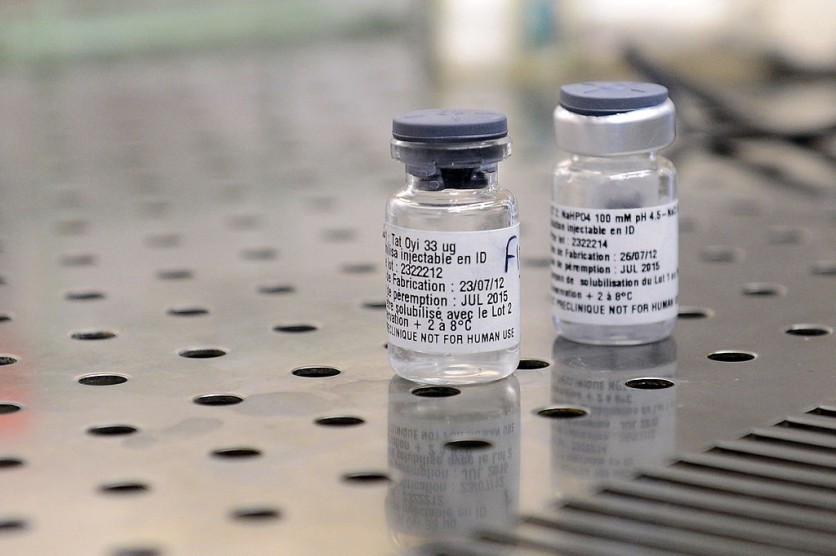In 97% of vaccine recipients, an important part of the human immune response was triggered by an HIV vaccine candidate that is showing promising initial results, Business Insider reports.
A vaccine produced from an engineered version of a protein found in HIV was tested in a limited phase 1 experiment.
The purpose of this particle is to prime the body to produce neutralizing antibodies, which are believed to be essential for developing an immune response against HIV.

Broadly Neutralizing Antibodies
Since HIV continually mutates, broadly neutralizing antibodies would be able to recognize a wide range of HIV subtypes, which is important to offer immunity.
Some of the study's 48 participants received the vaccine, while others had the placebo. 35 of those 36 who got vaccinated demonstrated activation of broadly neutralizing antibody precursor B cells, which may result in the initial step toward protection.
According to William Schief, one of the study's authors, the main goal of this approach is to teach the immune system to recognize a wide variety of HIV subtypes.
The participants did not experience any major side effects in the phase 1 research, while other side effects, including discomfort at the injection area or headaches, were mild to moderate and went away in one to two days.
These findings were initially presented at the virtual conference organized by the International AIDS Society HIV Research for Prevention on Dec. 1, World AIDS Day.
The International AIDS Vaccine Initiative and Scripps Research managed the trial as well.
Collab with Moderna
This vaccine is supposed to be the first in a sequence of several doses, each conditioning the immune system with a distinct HIV particle. As the shots continue, the molecules become ever-closer to those of genuine HIV viruses, to the point where antibodies are created that can bind to numerous types of HIV.
Schief said that his team is currently collaborating with biotech powerhouse Moderna to create and test a vaccine that uses mRNA rather than the protein-based strategy this most recent trial employed to administer the immune-training HIV particles.
The same particle and another modified particle are currently being tested in phase 1 research with an mRNA delivery system.
The particle is also being tested in a clinical trial in Africa by another study, as per Business Insider.
Phase 2 studies will not start right away, according to Schief, and there is no assurance that the vaccine will be effective, considering that it is still in its early stages.
But if all the team's hard work pays to fruition, Schief claims that this method may be used to create other vaccines, such as a coronavirus or flu vaccination.
The findings of the clinical trial were published in the journal Science.
Related Article : Moderna mRNA HIV Vaccine is Set for its Phase 1 Experimental Test, For those Without the Virus

ⓒ 2026 TECHTIMES.com All rights reserved. Do not reproduce without permission.




